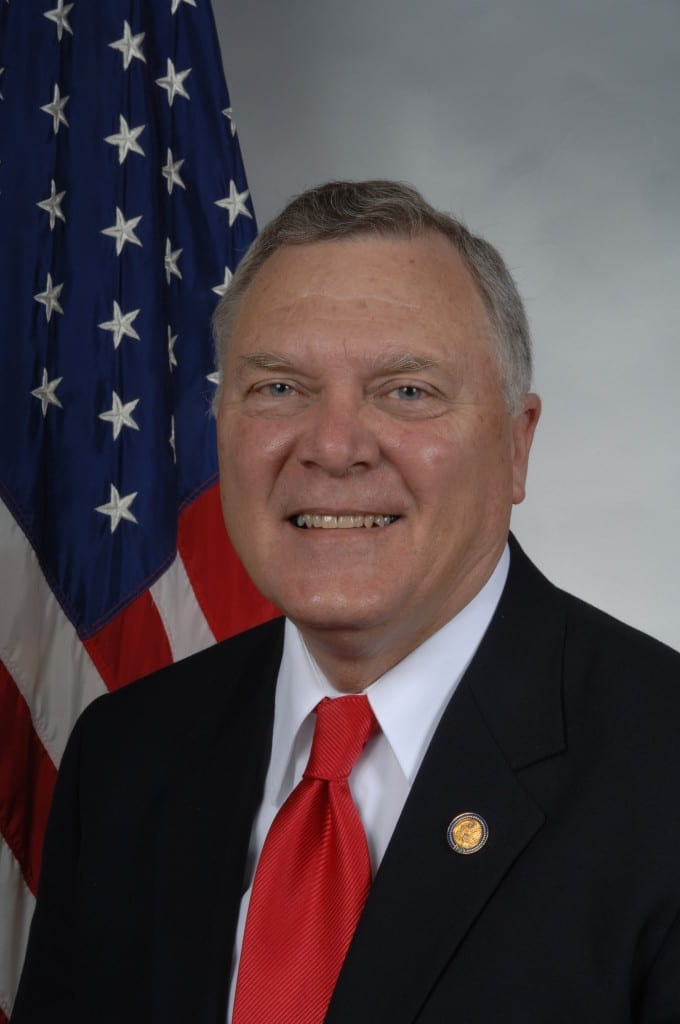 Gov. Nathan Deal has rejected the opportunity to have a state-run insurance exchange.
Gov. Nathan Deal has rejected the opportunity to have a state-run insurance exchange.
Governor Nathan Deal of Georgia has made the insurance news announcement regarding the health care reforms in the state, and that they will not be building or implementing their own health plan exchange to comply with the Affordable Care Act.
The governor has said that lack of flexibility, unknown costs and lack of state control made his decision.
Though the Supreme Court said that states could opt out of the expansion of their Medicaid programs, they upheld the mandate that said that states must either create their own insurance exchanges, or the federal government would take over and do it for them. The deadline for the health care reforms decision was originally on Friday, November 16, but it was extended on Thursday night to give the states until December 4.
Georgia has already made its decision, opting to give control of these health care reforms to federal officials.
Some industry experts, including the Cato Institute’s Michael Cannon, have expressed that many states are feeling a disincentive to make their own health care reforms. Among those disincentives is that the federal government will take over for the states, so that they will not have to dedicate their resources to that cause. However, according to Cannon, there is also a concern that this could create competition with private insurers and that business may be driven away.
Cannon is clearly an opponent to the insurance exchanges as a part of the health care reforms. He feels that if they were rejected by all of the states, in ten years, there would be a reduction in the federal deficit of $700 billion.
Supporters of the health insurance exchanges feel that this is a narrow view of what the program involves and how it will impact the country’s finances. They feel that the financial savings that will be generated by the implementation of this type of program will more than offset the cost, particularly as time goes by.
Deal has also rejected the health care reforms of the state run exchange, saying that “We have no interest in spending our tax dollars on an exchange that is state-based in name only”.

